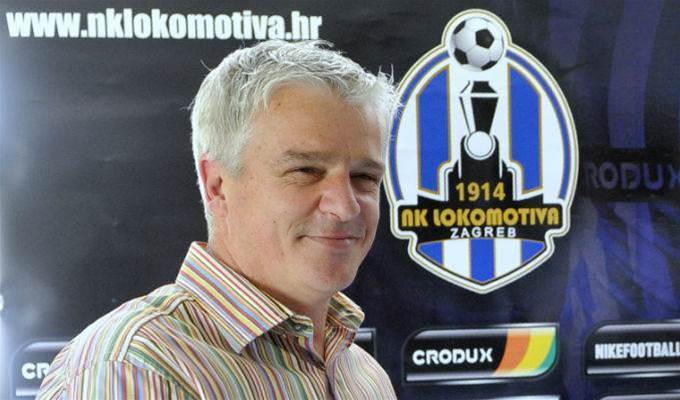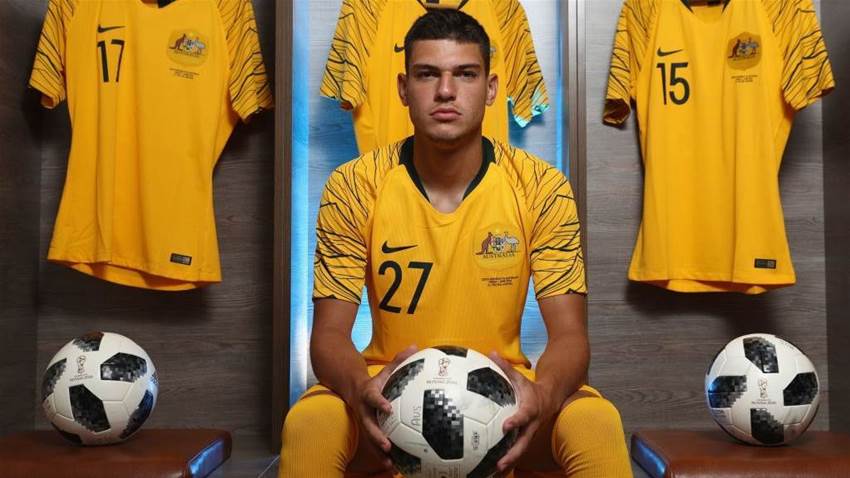Despite not making the final World Cup squad, Fran Karacic has emerged from utter obscurity – not even FFA were aware of his Australian roots two years ago – to become a potential Socceroos saviour in the troublesome quest for depth at right-back.
But behind every great footballer is an even greater story, and this tale begins in 1991, five years before Karacic was born, with a 22-year-old Aussie boasting an enormous sense of adventure, called Dennis Gudasic.
Gudasic is now the Executive Director of one of Europe’s fastest growing football clubs, NK Lokomotiva Zagreb. But in 1991 he had just finished studying in Geelong, had “no real experience” and wanted to leave the cosy surroundings of Western Victoria to go and fight in one of the most horrific wars of the past half-century – the Croatian War of Independence.
“It’s a long story,” the 49-year-old reluctantly begins.
“Four friends and I decided to help out in Croatia’s war efforts so we joined the Croatian army.
“For so many years it was part of a communist system. I was a young guy, so were my friends, so we all wanted to be part of this newly evolving country – the birth of Croatia as an independent nation.
“We came to Croatia to contribute as much as we could. At the end of the conflict, my other four friends left and I decided to stay behind.”
More than 20,000 people died over five years in what the Serbian government determines a civil war, but many see as the former Yugoslavian state’s determination to hold onto communist power.
In 1996, Gudasic’s decision to remain in war-torn Zagreb fortuitously coincided with Karacic’s birth. The defender was born into a nation that had seen almost $40 billion worth of infrastructure destroyed and up to 25% of the economy ruined. It was a shell-shocked country that in some ways, still hasn’t fully recovered.
Among the rubble of a rebuilding state were lucrative opportunities for a savvy businessman, but Gudasic’s decision to remain was based on the same patriotic fervour that had encouraged him to abandon his comfortable Australian life in the first place.
“I took a liking to the country and the people – to everything,” Gudasic said.

“I have Croatian roots – my parents and family still live in Australia, but it was an exciting time for many Croatians because they finally had the opportunity to become an independent country.”
The decision to remain would be a pivotal moment in both Gudasic and Karacic’s lives, one that would eventually help birth not only an independent Croatia, but a prototype football club that now stands as a beacon to all fledgling sporting teams across Europe.
“I was an avid football fan and I got to meet a lot of people throughout 20 years involved in various businesses, from banking to car rental,” Gudasic said.
“So I got to meet a lot of people in football and because Lokomotiva was just beginning its process of redevelopment, they wanted to get someone in the club with a business background.
“When the offer came up I didn’t hesitate. I’m very passionate about football so I didn’t think twice. We’re not a big club, we only have six or seven people involved in the administration, so my role involves a lot of things.
Related Articles

Socceroos midfielder embraces move to England

Cardiff City snap up sought-after Socceroos starlet













